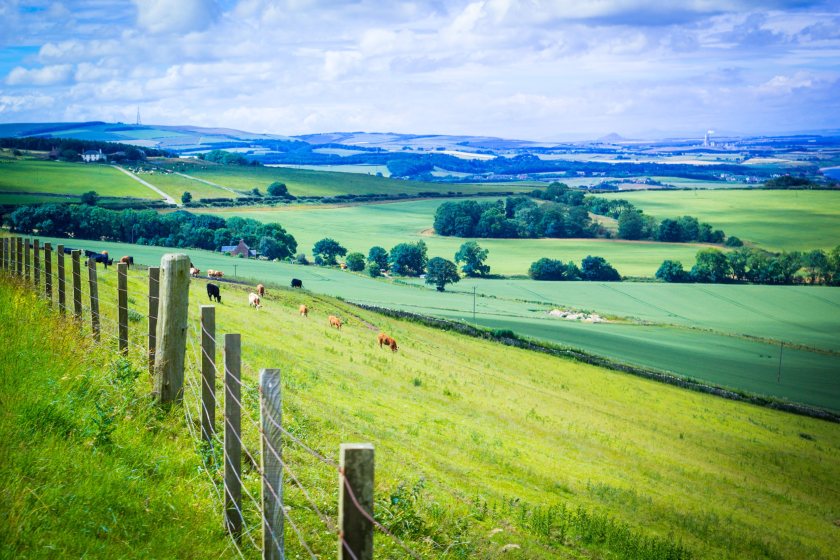
Farm leaders have cautiously welcomed the Scottish government's budget, as it will provide 'some security' to the future of farming in Scotland.
The Scottish government, which now has full control over agricultural spending, delivered its budget on 4 December just days after a farmer rally outside Holyrood.
The budget will allocate over £660m to farming for 2025-26 via crucial schemes such as Basic Payment Scheme, Greening, Less Favoured Area Support and Voluntary Coupled Support.
However, given rising costs, it also means a real terms decline in terms of the schemes' value.
On the promised return of £46m previously deferred from agricultural funding, a timetable has been given: £20m is to return in 2025-26 for capital expenditure with the remaining £26m to come a year later.
Scottish finance secretary Shona Robison said: "In rural communities, over £660 million will support the crucial contribution of Scotland’s farmers, crofters and the wider rural economy.
"Mairi Gougeon has told me about the discussions she has had with the farming community and their concerns about recent decisions by the UK government.
"As asked for by farmers, we are returning in full the savings that were used in previous Scottish budgets, through a new capital transformation scheme with £20 million n 2025-26 and the remainder in 2026-27."
NFU Scotland said the budget would provide 'some security' to Scottish farming and crofting, but 'only for the year ahead'.
The union's president, Martin Kennedy said: “Scottish farmers and crofters deserved a budget that recognised their indispensable role in Scotland’s rural and national prosperity.
"However, while falling short on our justified budgetary asks, we have received a budget that, if approved, provides guarantees that key support schemes will be delivered.
“Securing the return of the £46m in deferred funding was a top priority for us and we look forward to working with government on how best to deliver capital support to help future proof our industry."
However, he said it was 'disappointing' that there was no real terms increase in funding for farming and crofting.
Similarly, calls for funding guarantees to be given on a multi-annual basis were unsuccessful, which would 'consign the industry to an annual battle over future support'.
"Farming and crofting are long-term industries that deserve a funding package that allows them to plan for the future," Mr Kennedy concluded.
